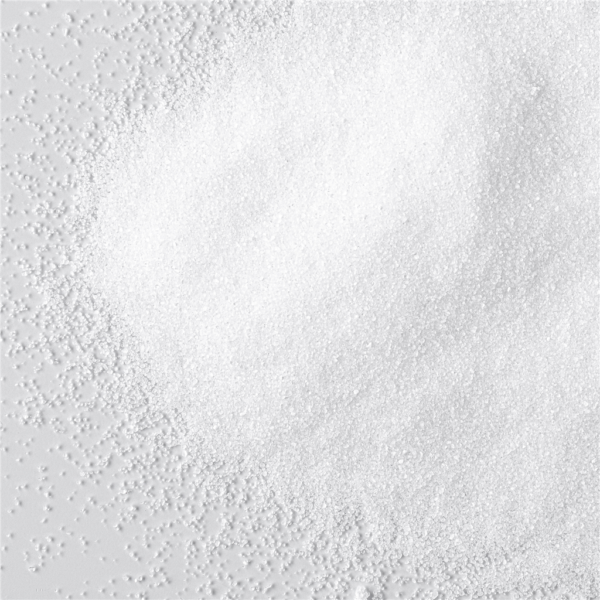Current processing time for orders is 2-5 business days
Citric acid cleaning crystals
$6.00 – $14.00Price range: $6.00 through $14.00
Citric acid is a hero of natural cleaning and has a long history of being used in as such! In fact, citric acid was the Ancient Egyptians’ equivalent of modern cleaners in a bottle, but without the harsh chemicals and single-use plastic bottles. It’s widely used as an alternative to bleach, when you want to whiten and disinfect. Citric acid is derived from fruit high in citric acid – mainly lemon. Many people say they clean with lemon juice or vinegar, and citric acid cleans just like that, just is quite a bit more powerful!. It also is de-greasing, anti-bacterial and anti-fungal. Citric acid is powerful yet non-toxic which makes it superior to commercial acid based cleaners
Once citric acid is dissolved in water and comes in contact with calcium carbonate (mineral buildup of hard water), the acid-base reaction and chelating with the metal ions starts, making them soluble and easier to wash away – hence making everything sparkling clean. The acid attacks the insoluble calcium carbonate, breaking it down into water and carbon dioxide gas, while the chelating property of citric acid forms soluble citrate salts with calcium and magnesium ions. This process dissolves the hard water stains (limescale) and prevents new buildup, making it an effective, natural cleaning agent
Citric acid is a versatile ingredient, and can be used in a variety of situations, including
- Oven cleaners
- Toilet cleaner for build up in the bottom of the bowl
- Dishwasher cleaners
- All-purpose cleaners
- Soap scum removers
- Bathroom cleaners
- Carpet cleaner
- Dish soaps
- Laundry detergent
- Air fresheners
- Window cleaners
- Stain removers
Ensure to read the usage instructions below to avoid any potential damage to delicate surfaces, fabrics and household items.
Please contact us if you have any questions how to use citric acid in your household. We high recommend patch testing and you must follow the usage instructions below to avoid any potential damage – remember, even though citric acid is all natural, it is still a very powerful cleaner.
Ingredients & weight
Ingredients: 100% citric acid (coarse)
Weight: 300g/500g
How to use
USAGE INSTRUCTIONS: Add 1/2-1 cup of citric acid to 1L of water and use to clean your kettle by boiling the kettle. The more citric acid you add, the more powerful the solution will become. However, keep in mind to not make it too strong to avoid potential damage. Either use the hot solution to remove build up in the bottom of the toilet (see instructions below) or let cool down and fill into spray bottle to use when needed. It can be used to clean hard water stains off tiles, sinks and shower screens. Rinse well with water. Repeat if necessary.
Alternatively, citric acid can be ground up and spread over moist surface to achieve ‘soaking’ without runoff. Do not cover grout with citric acid when soaking, only place directly on tiles or glass.
To clean build up in the toilet, push out as much water as possible, then pour in hot citric acid solution. Let soak for an hour or overnight, scrub and rinse. For stains under the edges, use ground up citric acid or spray bottle. More instructions can be found here.
It is recommend to wear gloves as citric acid will sting your skin if there are any minor cuts or broken skin – just as vinegar or lemon juice would sting.
Patch testing is highly recommended to avoid disappointing results.
WARNINGS
Don’t expect immediate results: Natural cleaning remedies are best as a prevention as opposed to a cure – use them little and often. As with white vinegar, citric acid is a fantastic alternative, but it doesn’t always work immediately, and may require patience and elbow grease.
Do not use on delicate surfaces: Citric acid has corrosive properties and should not be used on natural stone or marble. Avoid soaking into grout.
Do not use on painted surfaces, wood floors or furniture with wax sealer or older varnish: The acid can break down the coating and leave a cloudy appearance. I would avoid using this on your wood floors or furniture if they have any kind of wax or sealer on it as the acid can break down the coating and leave a cloudy appearance.
Do not use on electronic screens: Phones, laptops, tablets, TVs etc all come with oleophobic coating to reduce smudges. Citric acid can break down the coating, exposing layers meant to be protected.
STORAGE: Please store in a dry and cool place to avoid dissolving and hardening.
Packaging
Packaged in a frosted/clear stand up pouch that can be resealed. Labelled with usage instructions.

